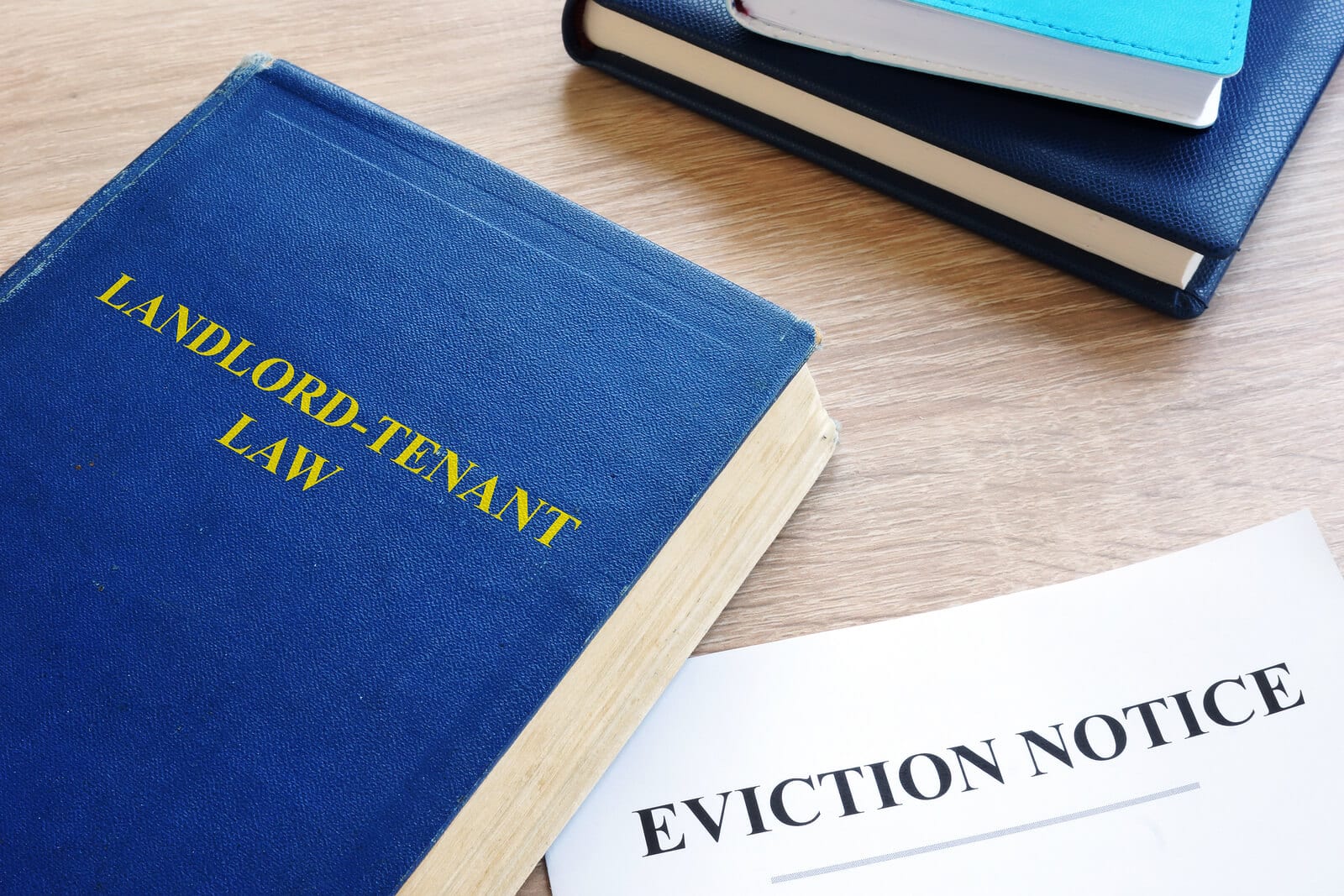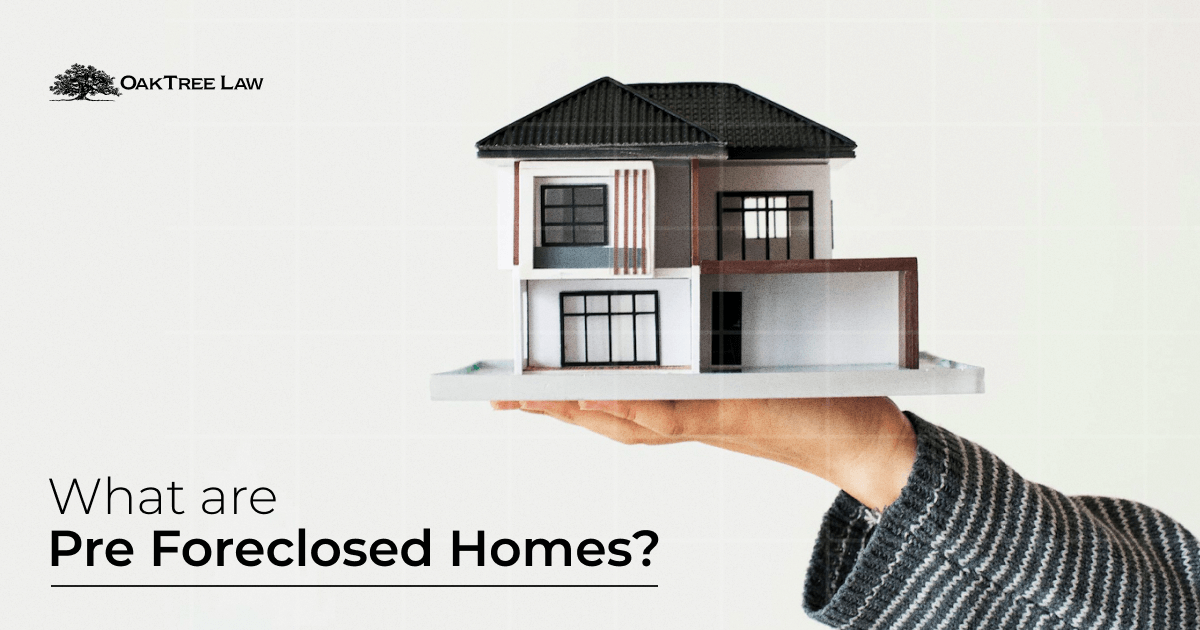If the coronavirus pandemic and the current state of the economy have switched your focus from debt consolidation to bankruptcy, you are not alone. John Rao of the National Consumer Law Center said people don’t typically file right away during a crisis; he said:
“There is no question that given the effect of this pandemic, there will be an increase of bankruptcies. It’s really a question of when that rise will occur.” 1
In 2019, more than 770,000 bankruptcies were filed, according to the American Bankruptcy Institute, less than half the 1.6 million filed in 2010. 1 The numbers are sure to rise with millions of people suddenly facing unemployment on top of high amounts of debt. In the week of March 22-28, about 6.65 million first-time jobless claims were filed in the U.S. About 10 million were filed during the last two weeks of March.2
Economic Impacts on Businesses
The pandemic is having an especially hard impact on anyone with a small business, especially owners of restaurants and retail stores. Grocers have been working hard to maintain a supply of essentials while adapting their operations and hours to adhere to safety guidelines. Many restaurants have been forced to close due to government restrictions, or resort to pick-up and delivery services only. Even in some states where restrictions are being lifted slowly, they are limited to serving a fraction of their full capacity, further limiting profits.
Fewer people are shopping at retail stores. Coresight Research has predicted there could be over 15,000 store closures in 2020, greater than last year’s record.3 Companies that have opted to close their stores for the time being include Apple, Nike, and Urban Outfitters while Walmart has announced reductions in store hours and Gap Inc. revealed temporary closures at numerous locations. Apparel retailers are expected to be hit especially hard.
Economic Impacts for Landlords
Uncertain financial times are also hitting the real estate industry hard. Tenants have a contractual agreement; but being out of work makes it hard to pay rent, let alone credit card debt. The U.S. Bankruptcy Code provides tenants who file for Chapter 11 bankruptcy with 180 days from the date of filing, plus a 90-day extension, to decide to keep or reject a lease. The time period is limited to 60 days with Chapter 7 liquidations. After this deadline, a lease is rejected, but court opinions differ on meeting rent and other lease obligations in the 60-day period after filing.
Landlords who cannot collect rent may not have the cash flow to pay mortgage lenders, utilities, taxes, and insurance. Owners of commercial properties and apartment complexes are at risk of having to lay off workers, further reducing earning capacity. In March, Congress passed the Coronavirus Aid, Relief, and Economic Security (CARES) Act, which allows landlords with federally backed multifamily mortgage loans to apply for forbearance relief. Along with a moratorium on evictions of nonpaying tenants, it makes forbearance available to landlords who agree not to evict tenants during a specified period.
Virus Treatment Costs
One Miami resident checked into a hospital with flu-like symptoms, testing negative for the novel coronavirus, yet receiving a bill totaling $3,270. Others have been charged close to $4,000. Billing items might include blood tests and other medical tests such as X-rays, flu testing, ER visits, ambulance costs, and outpatient visits. In 2009, the American Journal of Public Health found that 66.5% of bankruptcies tracked were related to medical issues. Given that half of American households have less than $4,500 in savings (and 27 million Americans aren’t insured), it’s understandable that coronavirus-related medical costs can have a profound impact on one’s financial situation.4
The Stimulus Bill and Bankruptcies
Under the CARES Act, $2.2 trillion was allocated to provide forgivable loans to small businesses. The bill also called for $1,200 direct checks to Americans making up to $75,000. Couples earning under $150,000 received $2,400 under the bill. In addition, the CARES Act makes several changes to the bankruptcy code.
The direct checks sent to Americans are classified as “recovery rebates”. They do not count as income when someone files for Chapter 7 bankruptcy and are not factored into the means test; the borrower has full use of their stimulus payment. Nor do the checks count as “disposable income” in a Chapter 13 case. All bankruptcy-related provisions in the legislation expire one year after the bill was signed into law—on March 27, 2021.
Call Our Professional Bankruptcy Attorneys for Help
We are experienced in all types of bankruptcy, including Chapter 7 to wipe out large amounts of unsecured consumer debt, Chapter 11 to help companies continue operating while restructuring their debt/assets, and Chapter 13, the wage earner’s plan. Our Los Angeles bankruptcy attorneys provide counseling to consumers considering a Chapter 7 filing or potential alternatives. For additional bankruptcy resources, continue browsing; for professional assistance with your financial situation during this challenging time, call 562-219-2979 or request a free evaluation today.
Sources:
-
- https://www.marketwatch.com/story/its-really-a-question-of-when-the-coronavirus-pandemic-is-about-to-spawn-a-surge-in-bankruptcies-experts-say-2020-04-02
- https://www.marketwatch.com/story/jobless-claims-leap-record-66-million-at-end-of-march-as-coronavirus-triggers-mass-layoffs-2020-04-02?mod=article_inline
- https://www.cnbc.com/2020/03/16/retail-store-closures-in-the-us-could-explode-because-of-coronavirus.html
- https://www.businessinsider.com/coronavirus-treatment-costs-us-health-care-bankruptcy-2020-3








